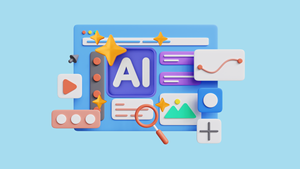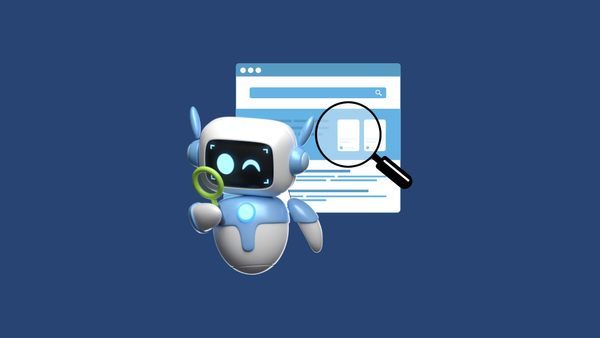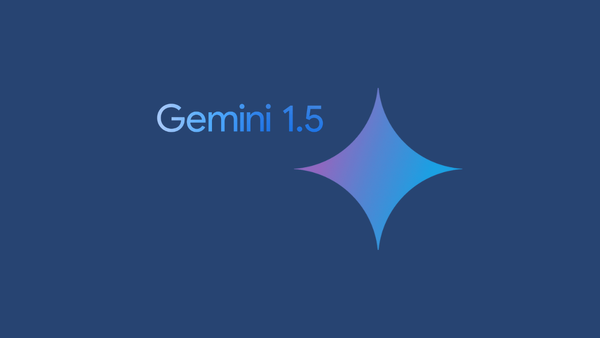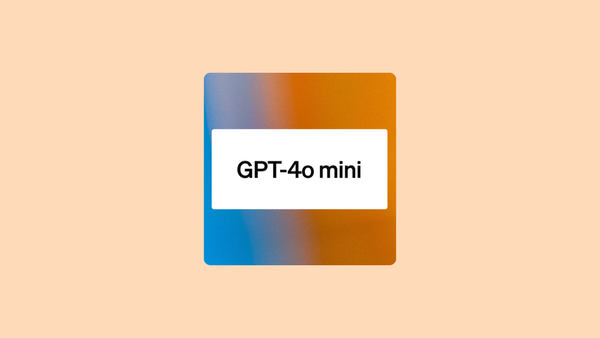AI is steadily becoming a part of our lives. And I'm not talking about the tools like ChatGPT, Midjourney, etc. Think of something as simple as blurring your background during a video call which you've been doing for years now. It uses artificial learning and machine learning.
But have you wondered if your PC is equipped to handle such tasks? When it comes to using the online tools, you don't need to worry about this aspect at least. They do not require your PC's capabilities to handle AI tasks. Instead, they use the server's capabilities on which they live.
However, the tasks that are performed on your PC, like the aforementioned background blurring, speech recognition, or even the detection of objects in photos by AI for removal and editing. Where does the PC bring the power to handle such tasks from? Your PC uses its GPU to handle such tasks. But AI-powered laptops, tablets, and mobile devices are going to change that.
What makes them an AI-powered laptop exactly? An NPU (Neural Processing Unit), to be honest. With a PC equipped with an NPU designed specially to handle AI tasks, your CPU and GPU are free to handle other tasks.
Intel is one of the companies leading this AI revolution for PCs. The company recently unveiled its Core Ultra line of mobile and desktop processors with a dedicated 'Meteor Lake' NPU chip, also called Intel AI Boost NPU.
What is this Intel AI Boost NPU and what would it mean for PCs? Intel's NPU is a power-efficient AI accelerator that the company has integrated on to every platform to deliver AI capabilities.
Intel's AI Boost is made so capable because of its architecture which is set up as a pipeline. It features a scalable architecture of Neural Compute Engines for efficient AI computation as well as data transfer capabilities to optimize performance and power usage for AI workloads.
With the AI Boost technology in the Core Ultra processors, you can expect better AI experiences on your PC that won't compromise your system's responsiveness, battery life, or other experiences. This is because the NPU is designed to undertake AI tasks, whereas the existing architecture for CPU and GPU was not.
However, people are not too terribly excited about the "AI PC" at the moment since there are hardly any advantages it will unlock. Apart from a few tasks, some of which I mentioned before, there aren't too many AI tasks that your PC undertakes locally. Even Microsoft's Copilot is an online tool that uses the power from Microsoft's servers.
But AI is the direction the future PCs are headed towards. And in a couple of years, we will be hopefully seeing a lot more AI capabilities in apps, which will put the NPU to good use.
In fact, to unlock the power of Intel's AI Boost technology, Microsoft is introducing NPU support in preview for developers in DirectML. Developers will be able to use DirectML APIs, which provide a scalable interface to use the NPU for acceleration. This would allow the developers to create apps that would be able to take advantage of the AI acceleration that Intel's AI Boost will provide on its AI PCs, i.e., the PCs with the Core Ultra chip.
One of the best examples that put Intel's AI Boost NPU to use is the newest Samsung Galaxy Book4 devices. The device uses the DirectML APIs, with the ONNX and ONNX Runtime ecosystem, to deliver AI acceleration from the NPU to power the new Photo Remaster feature in the Samsung Gallery app for PC. Using AI capabilities, users can quickly correct photos and erase unwanted shadows and reflections with the Photo Remaster feature.

So, onto the million-dollar question. If you're wondering whether you should be rushing to buy an AI PC with Intel AI Boost, or even from other manufacturers with an integrated NPU, like AMD’s Ryzen 8000G, and Snapdragon X Elite from Qualcomm, the answer is no. But if you require a new PC anyway, future-proofing yourself with a PC that has an NPU is the way to go.











Member discussion